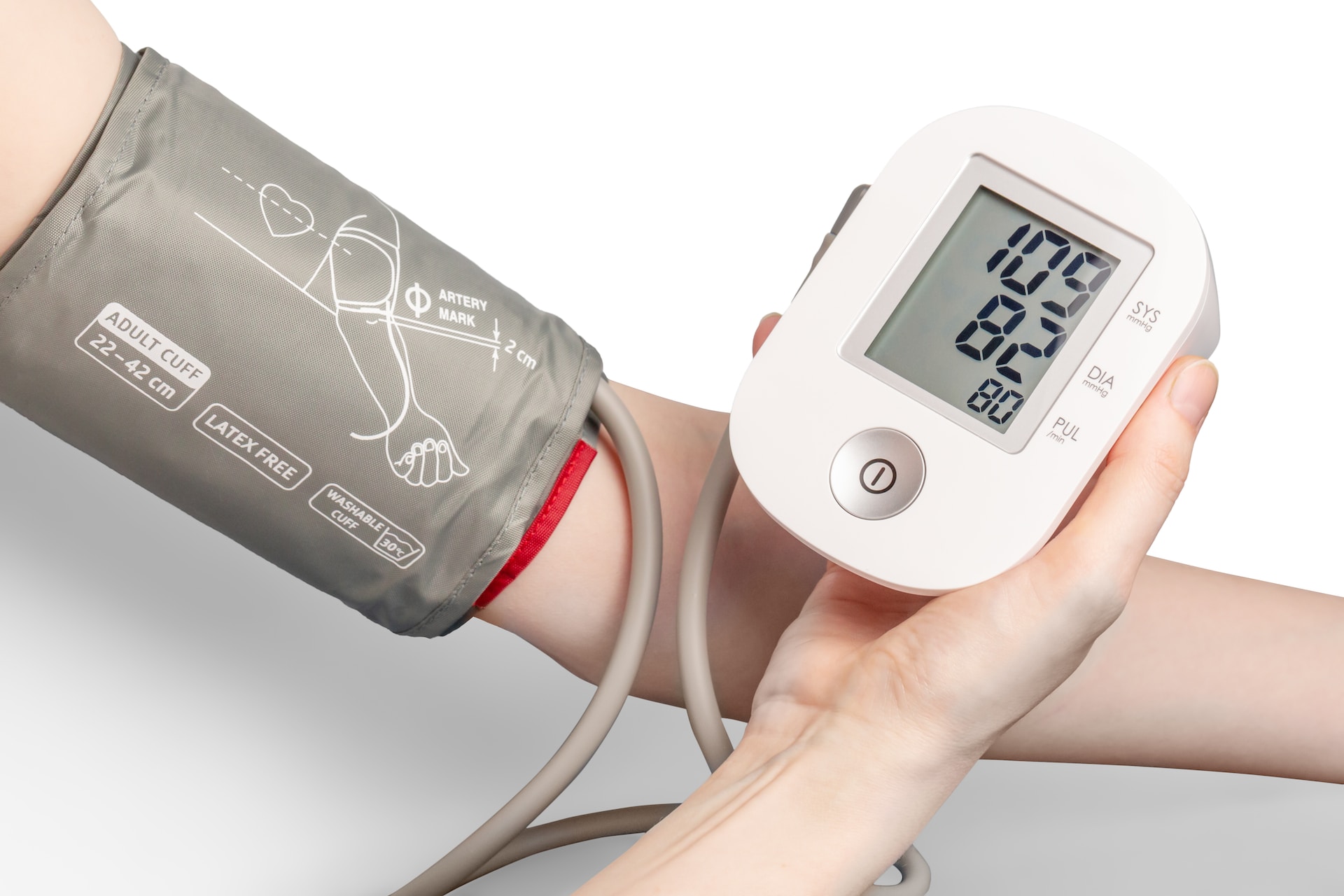Anxiety, irritation, anger, and sadness—these emotions often surface when we find ourselves out of balance. Others may notice these signals before we do, expressing concerns like, “You seem easily irritated, is everything okay?” or “Are you doing well? I’ve noticed you’ve been more emotional lately.”
The word ’emotion’ stems from the Latin word ’emovere,’ where ‘movere’ means to move and ‘e’ denotes out or outward. An emotion is literally an expression of a particular feeling. Traditionally, emotions were thought to be mere reactions to sensory information, with little influence on our part. Emotions were considered universal and arising from the activity of specific brain regions.
However, neuroscientist Lisa Feldman Barrett challenges this notion in her book ‘How Emotions Are Made,’ asserting that emotions are constructed by a complex system of brain regions based on sensory information, internal processes, and past concepts. Emotions serve a purpose and are much more intricate than previously believed.
Experiencing Emotions
The way emotions are expressed and recognized varies greatly depending on the situation. Specific examples illustrate this variability; abdominal cramps or pain can be interpreted differently in various contexts. Before dinner after a long workday, it may be perceived as hunger, while during illness, it might be recognized as nausea, and in a tense or dangerous situation, it may manifest as a gut feeling of mistrust.
The emotion linked to a specific feeling reveals much about the context. Ultimately, an emotion can literally set us in motion, ensuring that we take the appropriate steps in response to danger.

Intense Emotions in Times of Overload and Stress
The emotion expressed and how it is expressed changes according to the situation. This becomes evident when dealing with extreme fatigue, stress, or burnout symptoms. In addition to physical and cognitive symptoms caused by excessive stress, emotional issues can arise, including heightened:
- Anxiety
- Irritability
- Tearfulness
- Outbursts of anger
- Insecurity
Given that emotions prompt action and behavioral adjustments, having emotions in response to stress is a logical reaction. Stress triggers a bodily response, allowing us to fight or flee in a dangerous situation. Emotions can lead to action in such circumstances, with anger potentially deterring others, and fear heightening alertness. Acute, short-term stress aligns well with increasing emotions.
However, chronic stress can have unpleasant consequences for your emotional state. Your mood can change for the long term, leading to intense emotional reactions in situations that don’t warrant them. For instance, a minor criticism might trigger tears, or someone breathing ‘too loudly’ next to you might provoke irritation.
Managing Emotions When Out of Balance
It is crucial to address these emotions rather than suppressing or avoiding them, as they still need an outlet. Here’s what you can do and where to start:
- Express It: Label the emotion. Try to describe what you feel when you are emotional. Share your concerns with a supportive friend or family member who is a good listener. Write in a journal about what’s bothering you (don’t forget to include positive aspects).
- Acceptance: Try to accept that you are currently more emotionally sensitive. Learning more about how the body works helps you understand that you’re not going crazy. This understanding reduces stress.
- Restore Balance: There’s a reason you’re feeling so emotional. Excessive stress, worries, overexertion, or insufficient recovery after illness can throw you off balance.
This balance needs to be restored:- Exercise Adequately: Physical exertion helps bring the body into balance and activates specific brain regions positively influencing emotion creation. Additionally, physical activity serves as an outlet for tension.
- Allocate Time for Relaxation: Regulate your autonomic nervous system by controlling your breathing during rest. Breathe naturally at rest, so your body relearns what relaxation feels like. You can also apply other mindfulness exercises.
At BioCheck, we combine all these tools to help you regain balance and possibly react more calmly to stimuli, ensuring your emotions align appropriately with the situation. Learn more about how we can assist you here.





